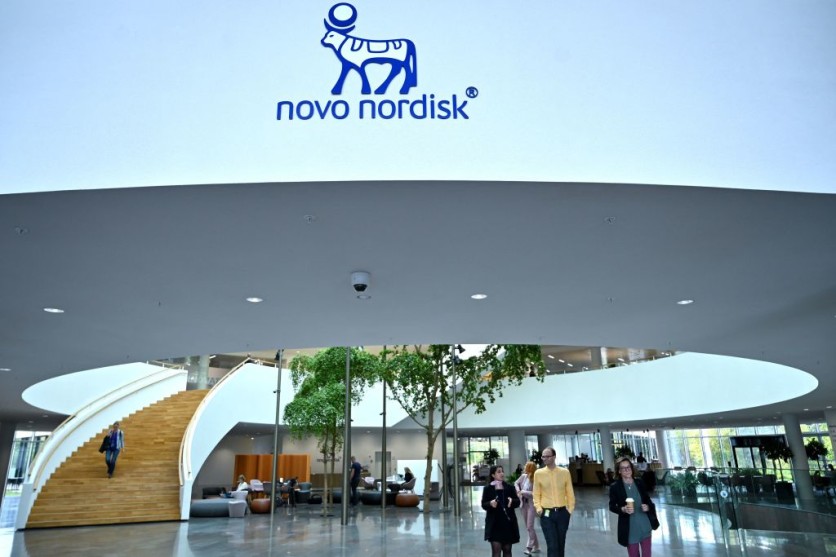Novo Nordisk's Victoza, a popular diabetes medication, has shown mixed results in a mid-stage trial targeting Alzheimer's disease.
While the drug failed to meet its primary endpoint of improving brain metabolism, it demonstrated potential benefits in other areas, igniting hope for the broader class of GLP-1 drugs.
Shift in Alzheimer's Research Focus

For years, the pharmaceutical industry has centered its Alzheimer's research on tackling amyloid plaques, the hallmark of the disease. However, recent findings suggest that metabolic factors, such as insulin resistance and impaired glucose processing, may also contribute to cognitive decline. This has prompted a growing interest in repurposing diabetes medications, including GLP-1 agonists, for Alzheimer's treatment.
Victoza's Impact on Alzheimer's Disease
The study involving Victoza, a GLP-1 agonist, assessed its effects on brain metabolism in 204 Alzheimer's patients. While the drug failed to significantly improve this metric, it demonstrated a slower rate of cognitive decline and reduced brain atrophy compared to a placebo., according to Bloomberg. These findings suggest that GLP-1 medications may possess neuroprotective properties.
Potential for GLP-1 Drugs in Alzheimer's Treatment
Despite the mixed results of the Victoza trial, experts remain optimistic about the potential of GLP-1 drugs in Alzheimer's therapy.
Novo Nordisk is currently conducting larger-scale trials with a newer GLP-1 medication, aiming to build upon the promising findings of the Victoza study.
If successful, GLP-1 drugs could offer a novel treatment option for Alzheimer's disease, complementing existing therapies that target amyloid plaques. This dual approach may hold the key to effectively slowing down the progression of the disease.
"This research provides hope that more options for changing the course of the disease are on the horizon," Alzheimer's Association's chief scientific officer Maria Carrillo said in a statement.
Two weeks ago, Novo Nordisk's semaglutide showed promising results in the trials. According to the University of Oxford, it decreases the risk of having kidney disease and cardiovascular conditions. However, that's not the most surprising part.
As Fierce Pharma reported, Ozempic, the semaglutide type 2 diabetes drug can also cut the risk of dementia. Based on the Oxford study, this drug displays a 48% decline in dementia as compared to the sitagliptin or Merck'2 type 2 diabetes drug Januvia.
At the time, Novo continues to conduct two phase 3 studies which are EVOKE and EVOKE+. The research covers 1,800 patients who have early Alzheimer's. It is expected that the results of the studies will come out in 2026.
Meanwhile, Tech Times reported that there's a type of oral bacteria that can melt certain types of cancers. For those wondering what specific types of cancers they are, these are head and neck cancer.
A group of researchers at Guy's and St. Thomas' and King's College London said that this bacteria is known for promoting bowel cancer. Luckily this time, it's seen to be effective in killing other cancer types.
Read Also : Global Shortage of Diabetes Medicine 'Ozempic' Could Persist for a Longer Time, Experts Claim


![Apple Watch Series 10 [GPS 42mm]](https://d.techtimes.com/en/full/453899/apple-watch-series-10-gps-42mm.jpg?w=184&h=103&f=9fb3c2ea2db928c663d1d2eadbcb3e52)


